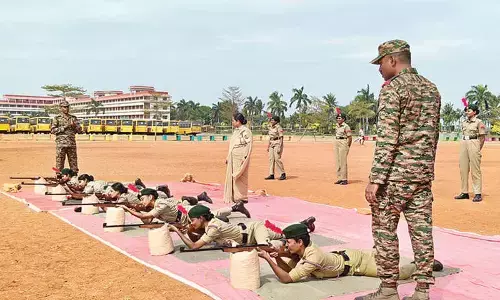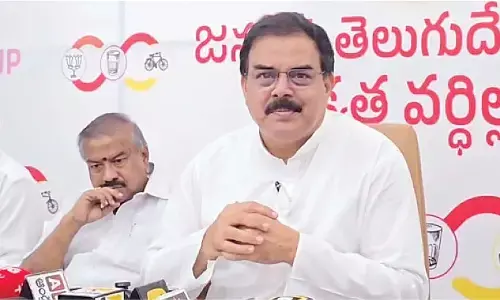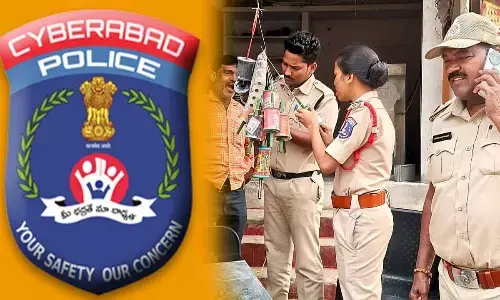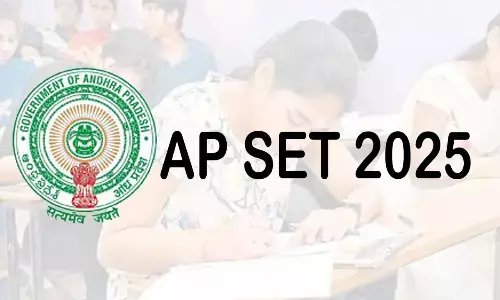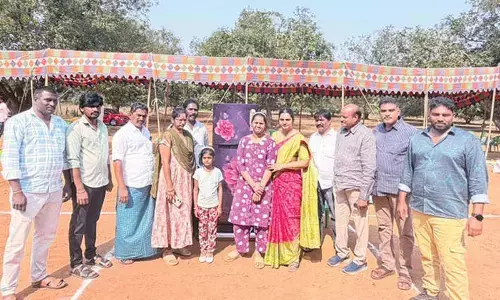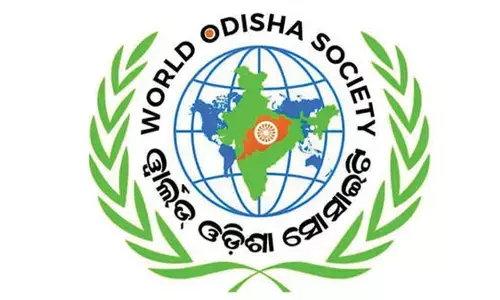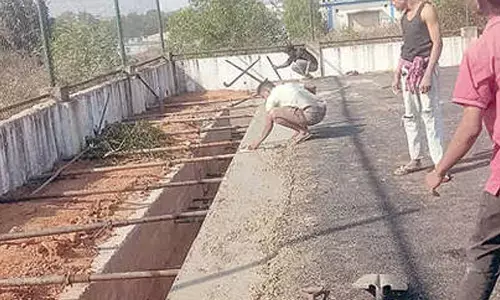Watershed Development Programmes
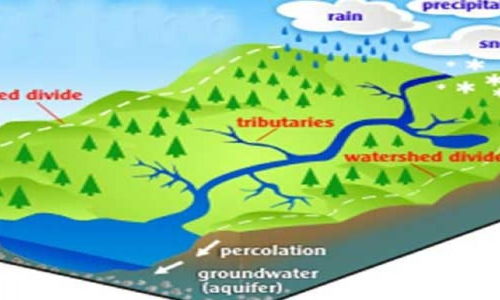
Programmes earlier undertaken by the Department of Land Resources (DoLR) of the Ministry of Rural Development, Government of India include Drought Prone Area Programmes (DPAP), Desert Development Programme (DDP), Integrated Wastelands Development Project (IWDP) and Integrated Watershed Management Programme (IWMP).
Programmes earlier undertaken by the Department of Land Resources (DoLR) of the Ministry of Rural Development, Government of India include Drought Prone Area Programmes (DPAP), Desert Development Programme (DDP), Integrated Wastelands Development Project (IWDP) and Integrated Watershed Management Programme (IWMP).
DDP was a centrally sponsored scheme under which funds are provided by the Central and State Governments in the ratio of 75:25 for the development of identified sandy, non-sandy and cold arid desert areas.
DPAP was, a centrally sponsored programme for to mitigating the adverse effects of drought and create additional employment opportunities and to restore ecological balance and promote economic development of the area.
This scheme was sponsored in 1989-90, and coming DoLR along with the National Wastelands Development Board.
Development of non-forest wastelands was taken up under it. It provided for the development of an entire micro-watershed in a holistic manner rather than piecemeal treatment in sporadic patches. The thrust of the scheme was the development of wastelands with the basic objective of this integrated wastelands development based on village/micro watershed plans prepared after taking into consideration the land capability, site condition and local needs of the people.
IWMP was launched in 2009-10 the basic objective minimising the adverse effect of drought and controlling desertification through rejuvenation of the natural resource base of identified desert areas. The programme strives to achieve ecological balance in the long run. The programme also aims at promoting overall economic development and improving the socio-economic conditions of the resource poor and disadvantaged sections inhabiting the programme areas.
The main objectives of the IWMP are to restore the ecological balance by harnessing, conserving and developing degraded natural resources such as soil, vegetative cover and water. The outcomes are prevention of soil run-off, regeneration of natural vegetation, rain water harvesting and recharging of the ground water table.
This enables multi-cropping and the introduction of diverse agro-based activities, which help to provide sustainable livelihoods to the people residing in the watershed area. In addition, scheme called the Technology Development, Extension and Training (TDET) is also being implemented to promote development of cost-effective and proven technologies to support watershed management.
The scheme also aims at rural employment besides enhancing the contents of people's participation in the wastelands development programmes at all stages, which is ensured by providing modalities for equitable and sustainable sharing of benefits and usufruct arising from such projects.
Till 1.4.2008, Department implemented 3 watershed programmes viz. Integrated Wastelands Development Programme, Drought Prone Areas Programme, Desert Development Programme. Since then, they have been brought under a comprehensive programme named Integrated Watershed Management Programme (IWMP) to be implemented under Common Guidelines on Watershed Development, 2008.
Watershed Projects Under EAS
(Employment Assurance Scheme)
Under the EAS scheme projects for watershed development used to be taken up. No work is being taken up under the scheme any more but GoI is providing funds for the completion of earlier programme EAS.








